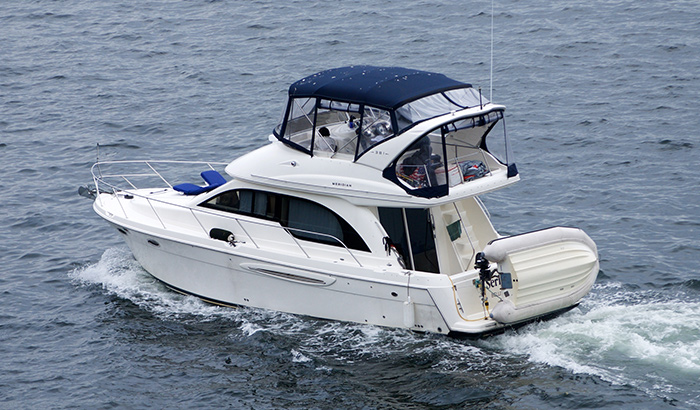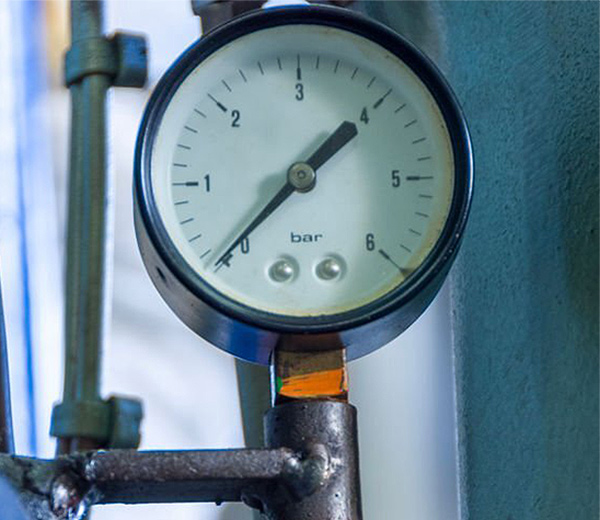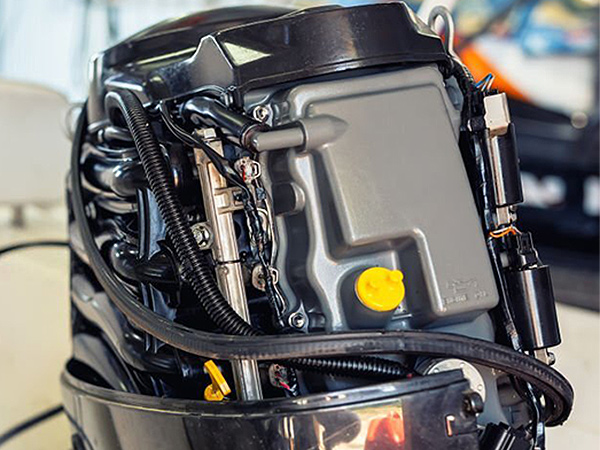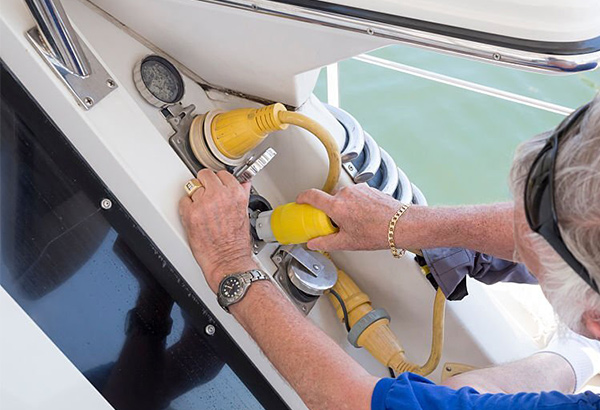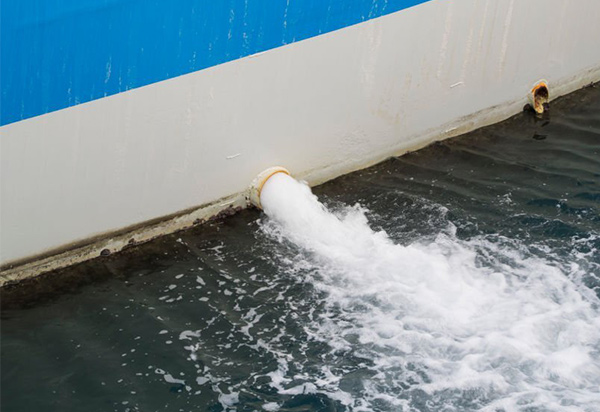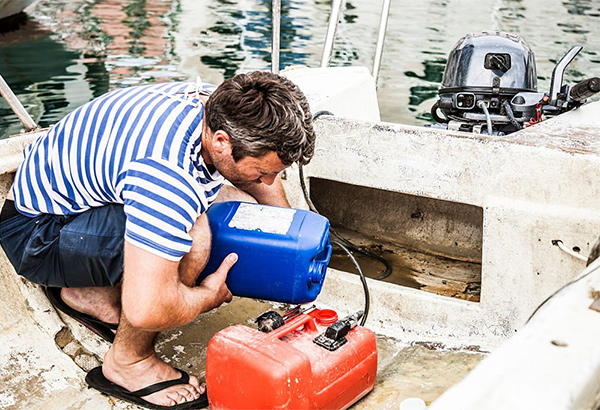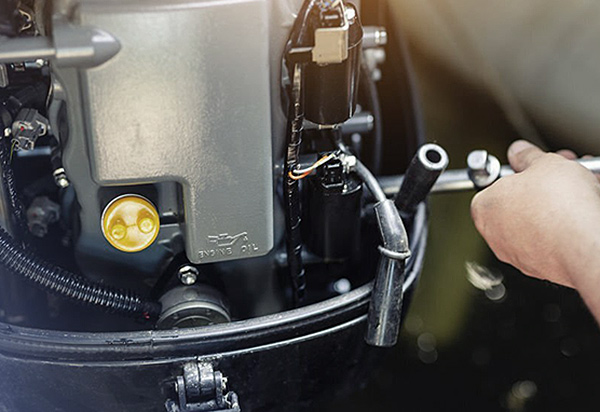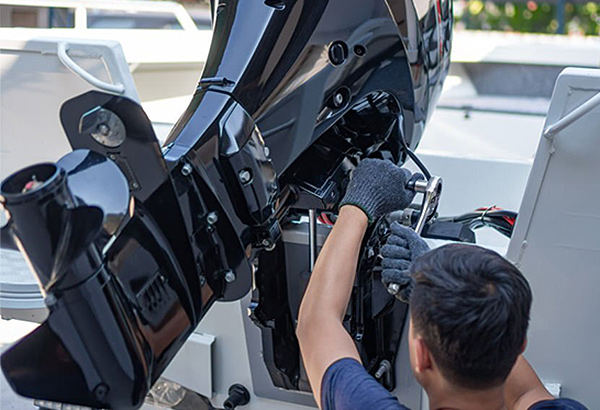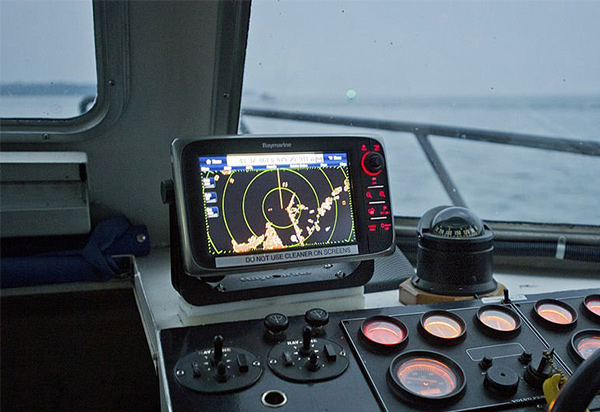Owning a boat can be a source of great joy and adventure. However, like any complex machinery, boats can occasionally present puzzling situations. One such scenario is when your boat starts beeping. While it may be tempting to panic or ignore the beeping altogether, it is crucial to understand that these audible warnings are your boat’s way of communicating an issue that requires attention.
But why is my boat beeping? This article will delve into the various reasons behind the beeping sounds emitted by boats. By understanding these warning signals, you will be better equipped to identify and address potential problems, ensuring a safe and enjoyable boating experience.
Contents
The Significance of Beeping Sounds in Boats
Why is my boat beeping when I turn it on? Beeping sounds are an integral part of a boat’s warning system. Modern boats are equipped with sophisticated onboard computer systems that monitor numerous parameters, including engine performance, fuel levels, electrical systems, and overall vessel health.
When a potential issue arises, these systems emit audible signals, usually in the form of beeps, to alert the boat owner or operator. By recognizing and interpreting these warning signals, you can take appropriate action to prevent further damage or potential safety risks.
Low Engine Pressure
Why does my boat beep when I turn the key? Low engine oil pressure is one of the most common reasons a boat emits beeping sounds. Engine oil plays a vital role in lubricating the moving parts of the boat’s engine, reducing friction, and preventing excessive wear. If the engine oil pressure drops below the recommended levels, it can indicate a problem that requires immediate attention.
The beeping sound is intended to grab your attention and prompt you to check the oil pressure gauge. When oil pressure is low, it could be due to various issues, such as a faulty oil pump, an oil filter that is clogged, or leakage. If you encounter this warning, it is crucial to shut down the engine promptly and investigate the source of the problem.
Overheating Engine
An overheating engine is another critical issue that can trigger the beeping sound on your boat. Excessive heat can cause significant harm to the engine, with the other vital components also affected. The cooling system of your boat, including the water pump, thermostat, and radiator, regulates the engine’s temperature. If the engine overheats, the temperature sensors detect the abnormality and activate the warning system.
The beeping sounds remind you to inspect the engine’s temperature gauge and take immediate action. Common causes of engine overheating include a malfunctioning water pump, clogged cooling passages, or insufficient coolant levels. Addressing these issues promptly can prevent severe engine damage.
Low Battery Voltage
Inadequate battery voltage is another potential culprit behind the beeping sounds on your boat. The battery supplies electrical power to various components, including the engine ignition systems, lights, pumps, and navigation instruments. If the battery voltage drops below a certain threshold, the onboard computer system triggers the warning signals to notify you.
Low battery voltage can occur due to a discharged or aging battery, loose connections, a faulty alternator, or excessive power consumption. Monitoring your battery’s voltage regularly and ensuring proper charging can help prevent unexpected beeping sounds and potential electrical failures while out on the water.
High Water in the Bilge
The bilge area of a boat is designed to collect any water that enters the vessel. Excessive water in the bilge can indicate leaks, hull damage, or issues with the boat’s plumbing systems. Some boats are equipped with bilge pump monitors that trigger beeping sounds when the water level in the bilge exceeds a certain threshold.
This warning aims to draw your attention to potential water ingress and prevent the boat from taking on more water, which could lead to sinking or structural damage.
Fuel System Issues
Beeping sounds in boats can also be a result of various issues in the fuel systems. It is the responsibility of the fuel system to deliver the right amount of fuel to the engine for combustion. Problems like clogged fuel filters, fuel line blockages, or fuel pump malfunctions can disrupt this process, leading to engine performance issues and potential damage.
Some boats have fuel sensors that detect anomalies in the fuel system and activate the warning signals. If you hear beeping sounds related to the fuel system, it is crucial to investigate the issue promptly, check fuel levels, and inspect the fuel lines and filters for any obstruction or leaks.
Electrical System Faults
The electrical system in a boat is complex, powering various components such as lights, navigational instruments, radios, and pumps. Beeping sounds may indicate electrical system faults, such as a short circuit, overload, or wiring issues. These problems can pose safety risks and affect the proper functioning of critical equipment.
If you hear beeping sounds related to electrical faults, it is essential to conduct a thorough inspection of the electrical system, including checking for loose connections, damaged wiring, or blown fuses. Consult a professional electrician or marine technician to diagnose and address the issue effectively.
Engine Malfunctions
Beeping sounds can also indicate various engine malfunctions or faults that require attention. Modern boat engines are equipped with advanced diagnostics systems that monitor engine performance and detect irregularities. These systems can identify issues such as misfires, abnormal engine temperatures, or sensor failures.
When an engine-related problem is detected, the warning system activates the beeping sound to alert the operator. Suppose you hear beeping sounds related to engine malfunctions. In that case, it is crucial to consult the engine’s user manual or contact a qualified marine mechanic to diagnose and address the issue.
The beeping sounds may sometimes be associated with your boat’s navigation and safety equipment. For example, GPS devices, depth finders, or radar systems can emit beeping sounds to indicate important information or alerts.
These warnings could be related to navigational hazards, equipment failures, or alarm settings. Understanding the specific beeping patterns and consulting the user manuals for these devices can help you interpret the alerts correctly and take appropriate action.
Conclusion
Why is my boat beeping? Beeping sounds in boats should never be ignored, as they serve as valuable warning signals for potential issues that require attention. By understanding the significance of these warnings and familiarizing yourself with the common causes, you can troubleshoot problems promptly, preventing further damage and ensuring a safe boating experience.
Remember to consult your boat’s user manual, seek professional help when needed, and conduct regular maintenance checks to minimize the occurrence of beeping sounds and maximize the enjoyment of your time on the water.

